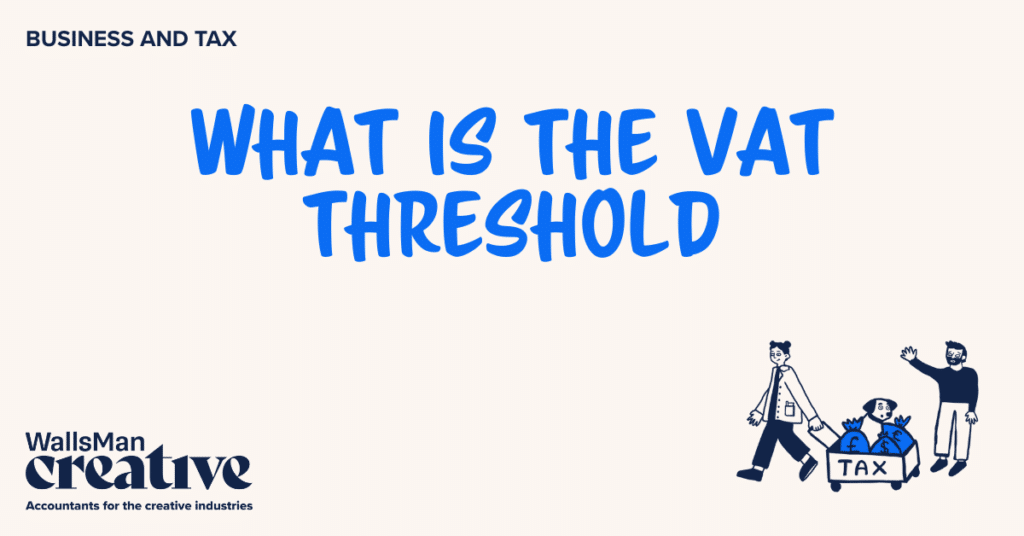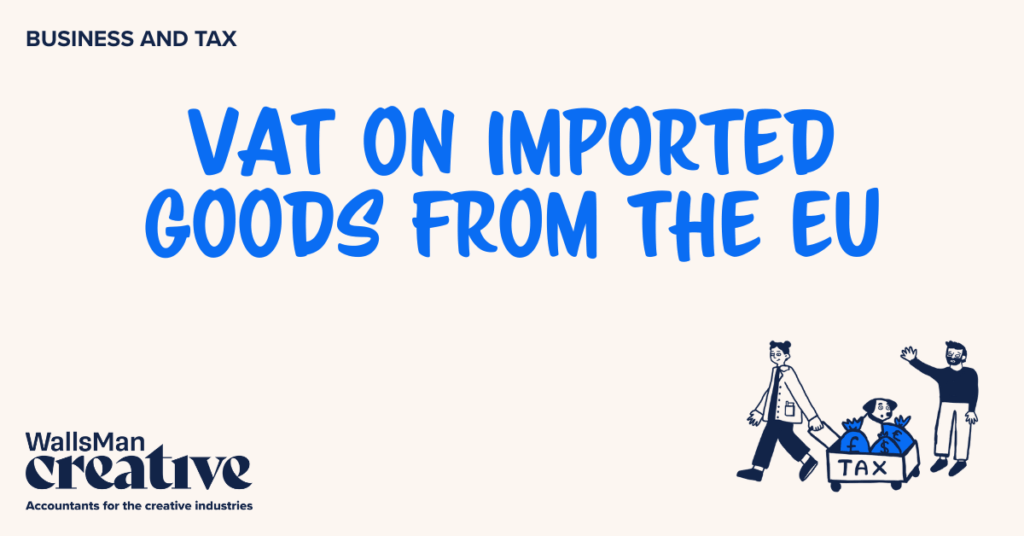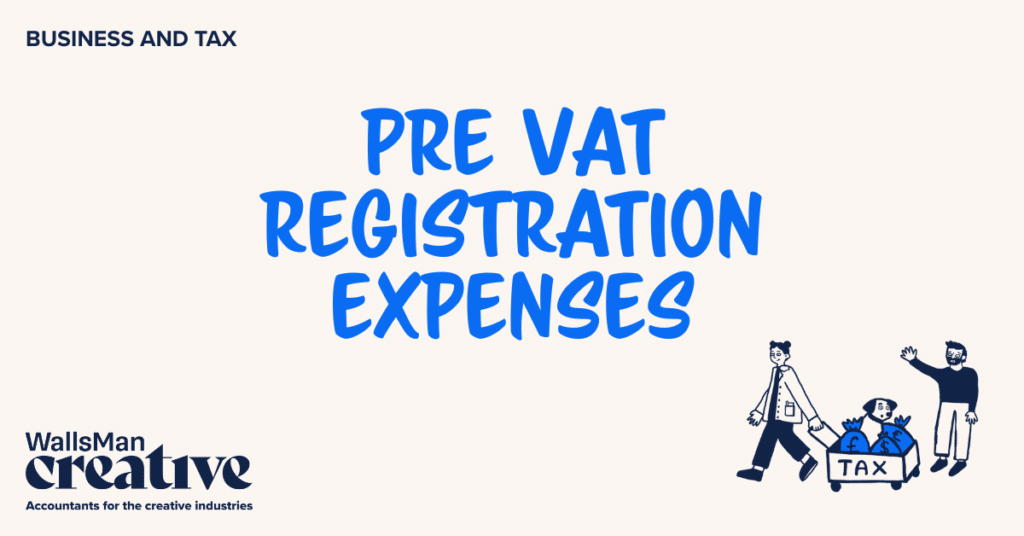Postponed VAT accounting (PVA) lets you handle import VAT through your VAT return instead of paying it at customs.
You declare and immediately recover import VAT in the same return. Cash flow will be steady, while PVA will simplify reporting for your business if you import goods.
Key Takeaways
- Postponed VAT accounting (PVA) lets VAT-registered UK businesses handle import VAT on their VAT return instead of paying it upfront at customs.
- Eligibility is simple: any UK VAT-registered business importing goods from the EU or outside the EU can use PVA without applying for approval.
- VAT return entries require you to declare postponed VAT in Box 1, reclaim it in Box 4, and include the net value of imports in Box 7.
- Monthly PVA statements from HMRC are essential for accurate reporting and must be downloaded and kept as records.
- Northern Ireland has special rules: PVA applies to imports from outside the EU, but EU-to-NI trade follows standard EU VAT rules.
Table of contents
1. What postponed VAT accounting means
Postponed VAT accounting (PVA) is a scheme that lets VAT-registered businesses account for import VAT on their VAT return instead of paying it upfront at the border.
When goods are imported, VAT is still due, but instead of making a payment immediately, you declare the amount as VAT due and recover it at the same time on your return.
The VAT is accounted for on your VAT return, but no money leaves your bank account when the goods are imported.
It’s sometimes called postponed import VAT accounting, and it helps businesses importing goods avoid cash flow pressures linked to upfront VAT payments.
2. Who can use postponed VAT accounting
Postponed VAT accounting is open to any business that is registered for VAT in the UK.
There’s no need to apply or get special approval, because HMRC automatically allows you to use it when you import goods.
You can use postponed VAT accounting if:
- Your business is registered for VAT in the UK
- You import goods from the EU or from outside the EU
- You make a customs declaration that shows you are using postponed VAT accounting
- You want to declare and immediately recover import VAT on the same VAT return instead of paying it upfront
| Creative Tip While no formal approval is needed to use PVA, your business must be registered for HMRC’s Customs Declaration Service (CDS) and hold a valid EORI number to complete import declarations correctly. |
3. How to account for import VAT on your VAT return
When goods are imported, you’ll make a customs declaration and HMRC will generate a postponed import VAT statement for that month. This statement shows the total import VAT postponed and is the basis for your VAT return entries.

On your VAT return you should:
- Enter the total import VAT postponed in Box 1 (VAT due on sales and other outputs)
- Reclaim the same amount in Box 4 (VAT reclaimed on purchases)
- Include the net value of imported goods in Box 7 (purchases of goods and services)
This process means the VAT is declared and immediately recovered, so the VAT is accounted for on your VAT return without any upfront payment.
4. Where to find your postponed import VAT statements
Each month HMRC issues a postponed import VAT statement, or short: PVA statement. This document shows the total import VAT postponed for the previous month and is what you’ll use when completing your VAT return.
You can access your statements by:
- Logging in to your HMRC VAT online account
- Going to “View your postponed import VAT statements”
- Downloading the monthly PDF for your records
It’s important to keep copies of each monthly postponed VAT statement, as HMRC may ask you to provide them as evidence. These VAT statements are the key to making sure the import VAT you declare and recover matches HMRC’s records.
5. Special rules for Northern Ireland
If you’re a VAT-registered business in Northern Ireland, the rules are slightly different because of the Northern Ireland Protocol.
- For goods imported from outside the EU, you can use postponed VAT accounting in the same way as the rest of the UK.
- For goods moved from the EU into Northern Ireland, normal EU VAT rule apply instead. Some transactions won’t fall under postponed import VAT accounting.
- It’s important to check your VAT statements carefully and confirm which imports are covered under postponed accounting and which follow EU rules.
For businesses importing goods regularly into Northern Ireland, this can feel complex, but the key is to make sure you use the right VAT treatment for each type of import, and (!) keep records of your postponed import VAT statements.
6. Handle import goods with WallsMan Creative
Postponed VAT accounting gives VAT-registered businesses a straightforward way to manage import VAT without paying it upfront at customs. By declaring and immediately recovering import VAT on your VAT return, you keep cash flow stable while staying fully compliant with HMRC rules.
WallsMan Creative works with creative businesses in the UK that want VAT and customs handled without the stress. We deal with specific cases where creative sole traders and companies trade with EU and other countries, so we know how postponed VAT accounting functions.
If you’d like clear, practical support with your VAT returns, let’s talk.





